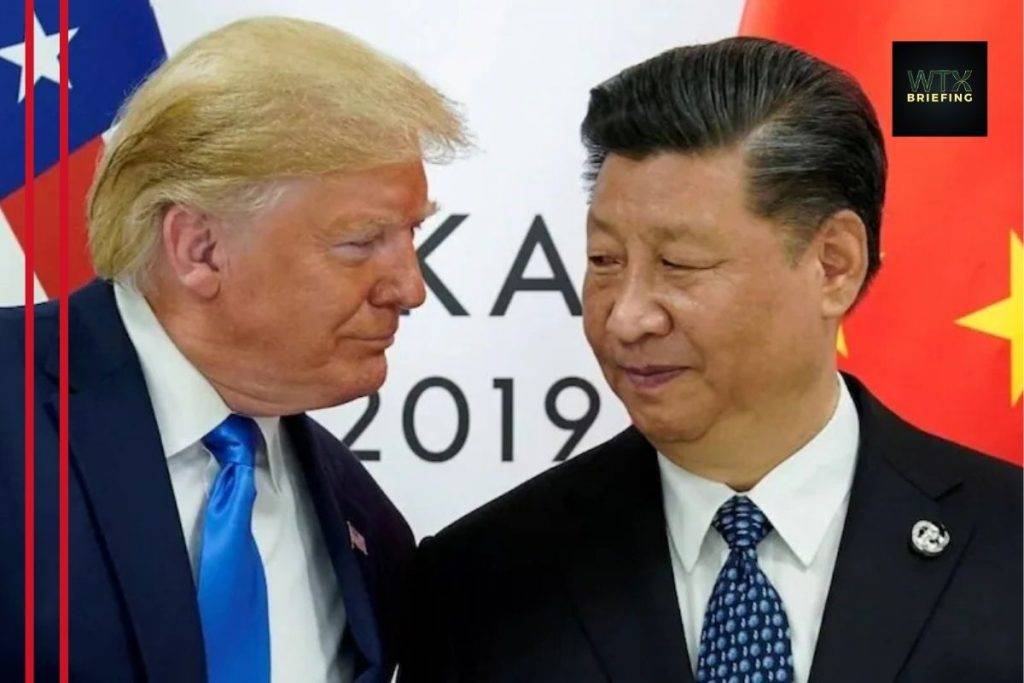China warns of retaliation as Trump targets Asian allies with new tariffs
China has strongly denounced President Trump’s threat to impose tariffs of up to 70 per cent on imports from key East Asian nations, including Japan, South Korea, Malaysia, Laos, Myanmar, Cambodia, Thailand and Indonesia. The People’s Daily, using the official pen name “Zhong Sheng”, labelled the move “bullying” and warned that Beijing will “respond firmly” to countries complicit in excluding Chinese goods from supply chains. A deadline of 12 August has been set for a final U.S.–China trade agreement or further tariff escalation could follow.
Concurrently, U.S. Secretary of State Marco Rubio arrives in the Indo-Pacific (8–12 July) to reassure ASEAN allies nervous about Trump’s tariff strategy. Rubio will engage in regional diplomacy with Japan, India, Australia and Vietnam, underscoring Asian concerns over Washington’s unpredictable “America First” trade approach.
🔁 Reactions:
- People’s Daily (Zhong Sheng): “Dialogue and cooperation are the only correct path”, and any deal privileging the U.S. at China’s expense will be opposed.
- Marco Rubio: > “We must signal to Asia that U.S. remains committed to Indo-Pacific security.”
- Analyst (Greg Poling, CSIS): > “ASEAN is hungry for reassurance, the tariffs risk destabilising long-term trust.”
📰 Media Bias & Framing:
- Independent/People’s Daily/Reuters balance China’s official warning with insights into U.S. diplomatic efforts via Rubio’s mission.
- Kyodo/Politico/Barron’s frames Rubio as a strategic choice by Trump, reinforcing a hardline China policy beyond tariffs (,turn0news21, turn0news22).
- Politico Asia describes the delicate balancing act: trade pressure versus alliance assurance during a volatile geopolitical moment.
📊 Sentiment: Negative–neutral. China’s stern defiance reflects escalating trade tensions, while Rubio’s Asia tour aims to mitigate allied anxieties. The outcome hinges on whether fiscal coercion undermines or strengthens U.S. influence in the Indo-Pacific.


